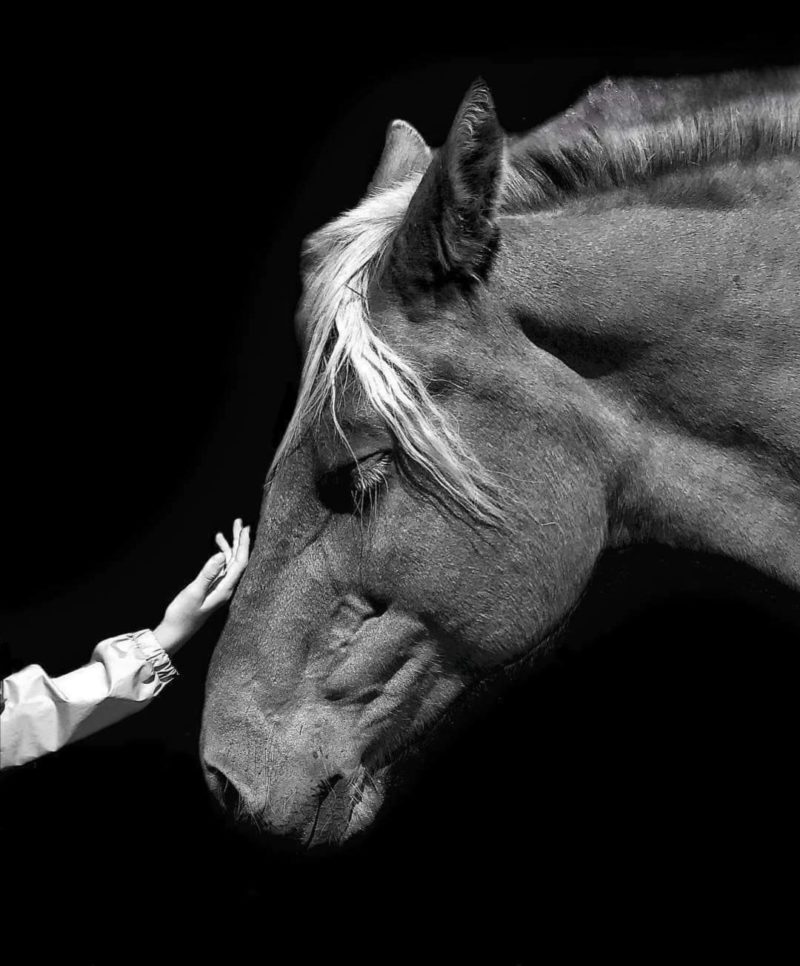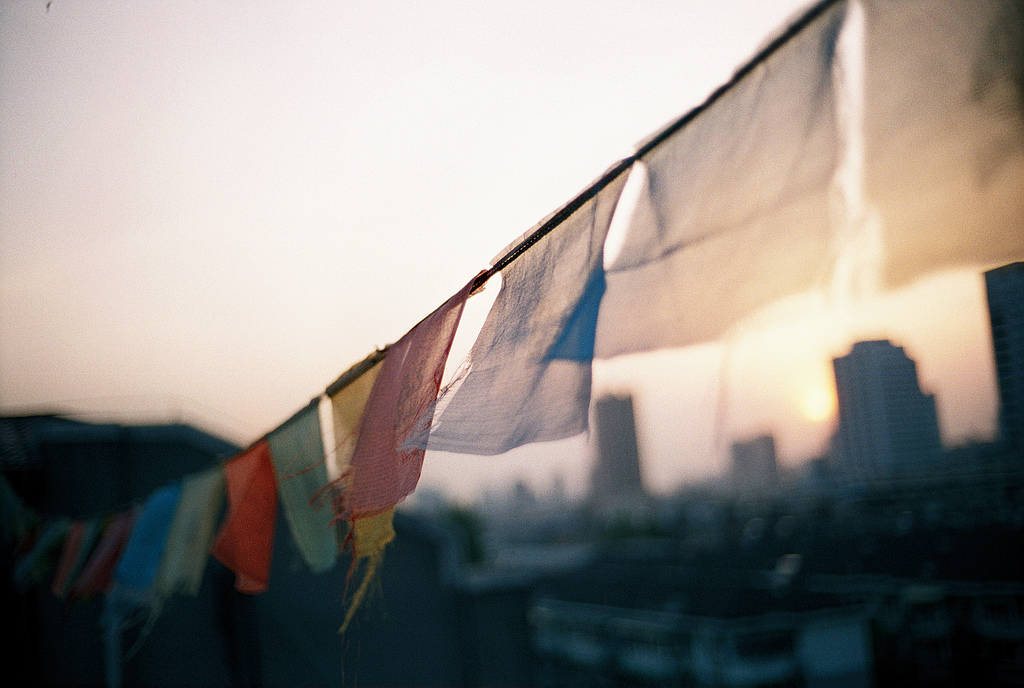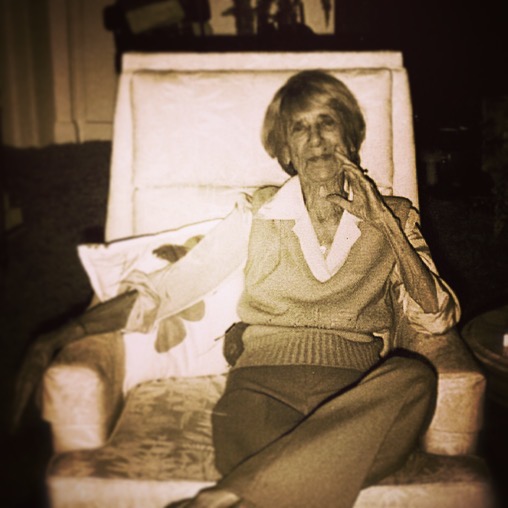
fertilizing my bamboo grove with horse manure
Give up religiosity
and knowledge, and the people
will benefit a hundredfold. Discard morality
and righteousness, and the people will return
to natural love. Abandon shrewdness
and profiteering, and there
won’t be any robbers
or thieves.
These are external
matters, however. What is most
important is what happens within:
look to what is pure; hold to what
is simple; let go of self-interest;
temper your desires.
ebooks & apps of the Tao the Ching, I Ching,
Wei wu Wei Ching, Hua hu Ching, and
Art of War for iPad/Phone, Kindle,
You
can now buy
Tao te Ching as part of a
five-app bundle of Taoist classics
for iPhone or iPad for less than
the cost of one hardcover
book.




